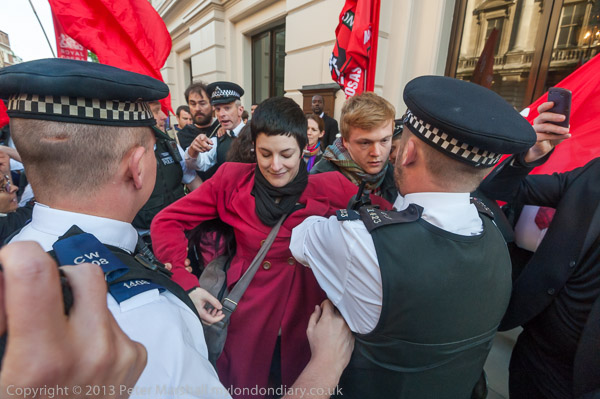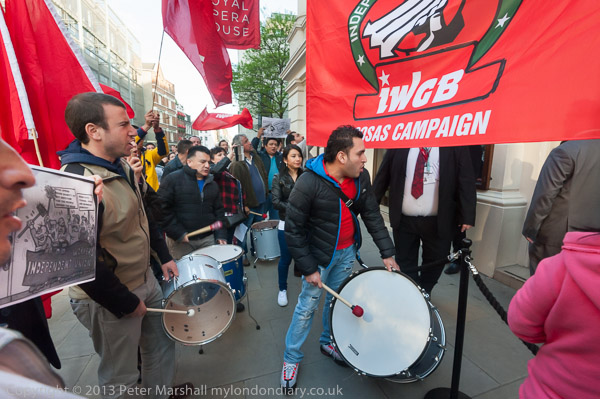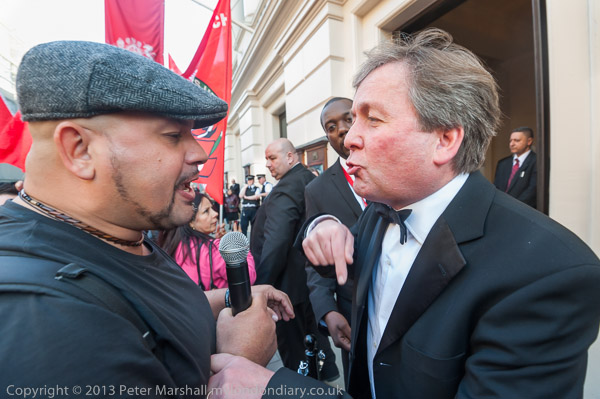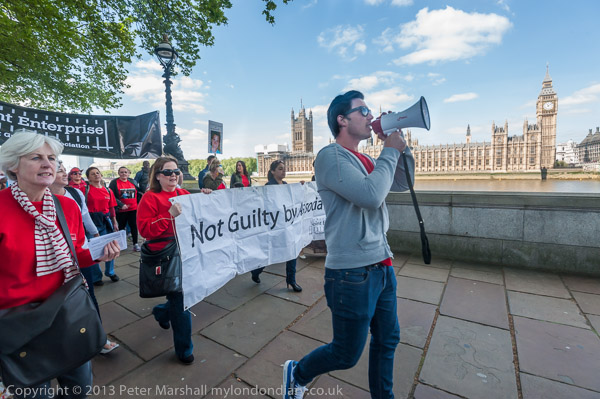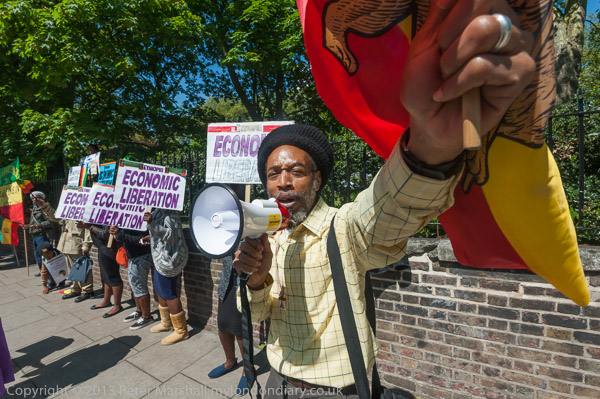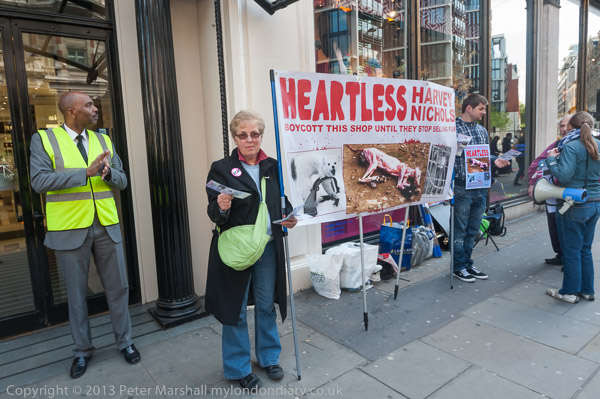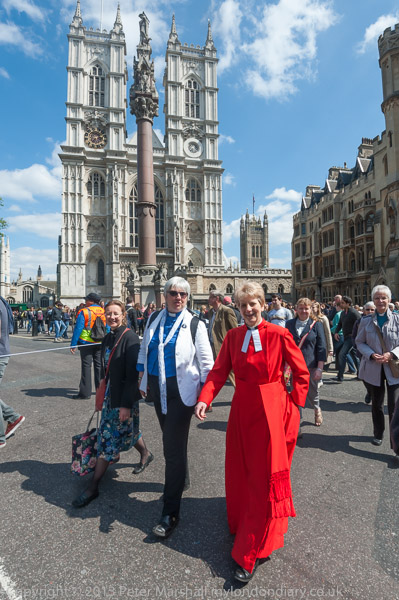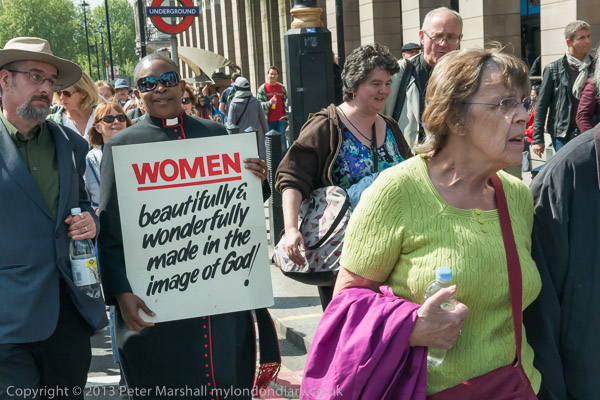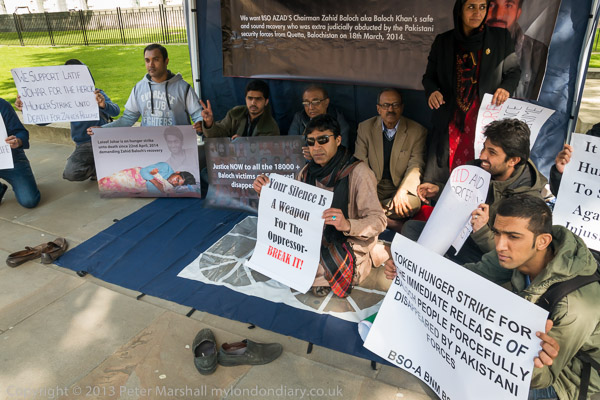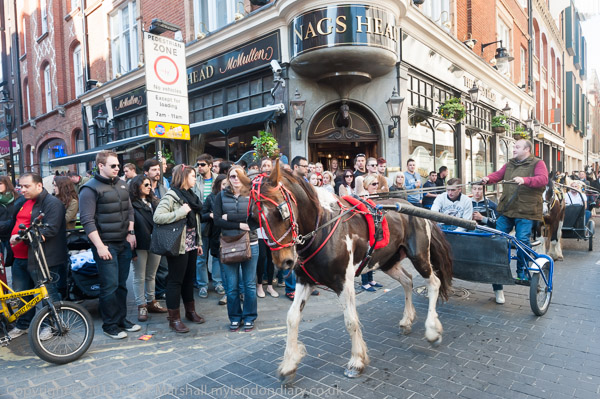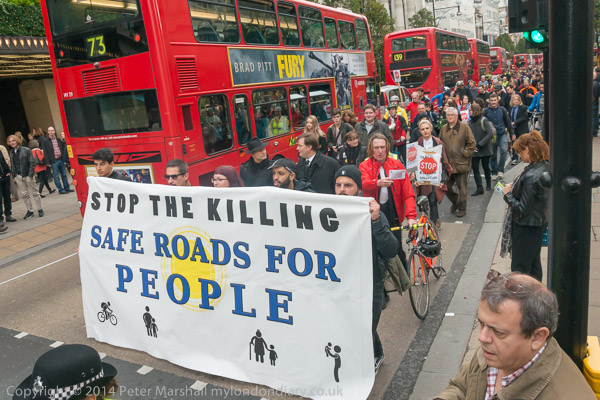
A few weeks ago I came to the end of a walk with friends and we stood at a bus stop on the edge of the A3 in south-west London with a relentless flow of traffic moving past in all four lanes in both directions. We were a few yards away on a slip road, but the noise was making my head throb and I could smell and taste the pollution, though I hope the Covid mask I was wearing might filter out some of the particulates. It was a horrible reminder of the mad dedication to traffic which is killing so many of us, poisoning adults and particularly children and playing a significant role in killing the planet through the huge carbon emissions in manufacturing vehicles, building yet more roads and of course burning fossil fuels. Fortunately our bus came earlier than expected.
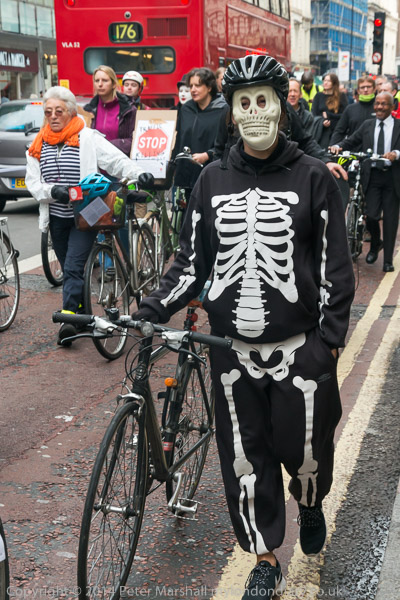
The switch to electric cars will help a little, and reduce some of the pollution, though not its possibly most dangerous aspect, the particulates that come mainly from rubber tyres and from brakes. And there is still a huge carbon footprint from their manufacture – roughly equivalent to running around 150,000 miles of burning petrol or diesel, and much of the electricity used to power them will come from power stations burning gas or forest-destroying wood.
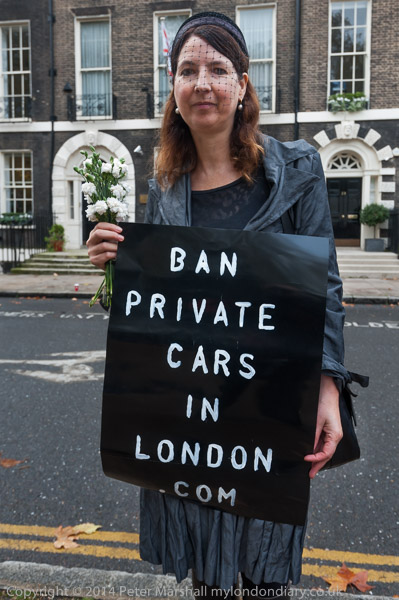
We can only have a sustainable future if we wean ourselves as a species away from travel, and take what journeys are still necessary by ways that reduce the carbon footprint as much as possible. Going on foot or by bicycle, using public transport and severely limiting the more polluting and high-carbon forms of transport. It means measures such as banning private cars in cities, giving priorities to buses, building more light rail and tram systems, ending subsidies to air travel, stopping new road-building and more. But also it means great changes in our way of life.
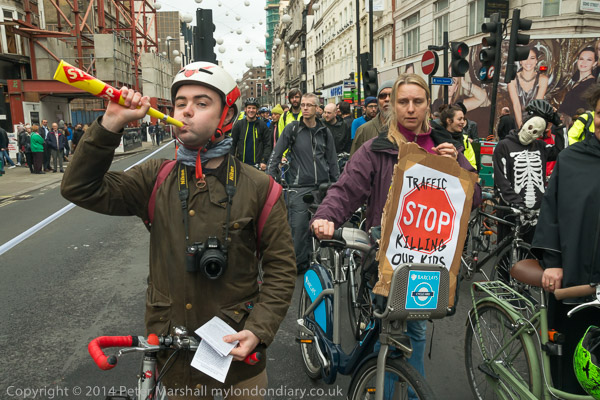
It’s something I realised over 50 years ago when I sold the only car I’d ever owned. Something I considered very carefully in choosing where to live and what jobs to take. And something which has constrained the holidays I’ve chosen to take and other aspects of my life, but not anything I really regret. I’ve only ever made three trips by air related to my work – where no real alternative was possible, and only taken two holidays which involved flights.
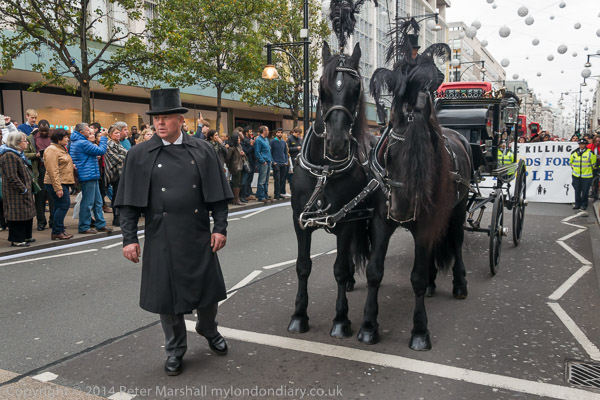
Of course there are some things and situations where cars are essential. It’s very hard to manage without one for those who live in more remote areas, and some need to. I’ve chosen always to live in towns or cities and have been healthy enough to be able to ride a bicycle or walk. In 2019, George Monbiot wrote for the Guardian a piece with the sub-head ‘Cars are ruining our lives. We should cut their use by 90% over the next 10 years’. Like other posts on his web site its worth reading and goes into much greater and well-argued detail than this piece.

On 15th November 2014 I photographed the ‘Funeral for the Unknown Victim of Traffic Violence’ organised by environmental campaigner Donnachadh McCarthy and ‘Stop Killing Cyclists’. It made its way through the centre of London from Bedford Square going along Oxford St, with a bagpiper playing and a horse-drawn hearse carrying a coffin for a mock funeral ceremony at Marble Arch.
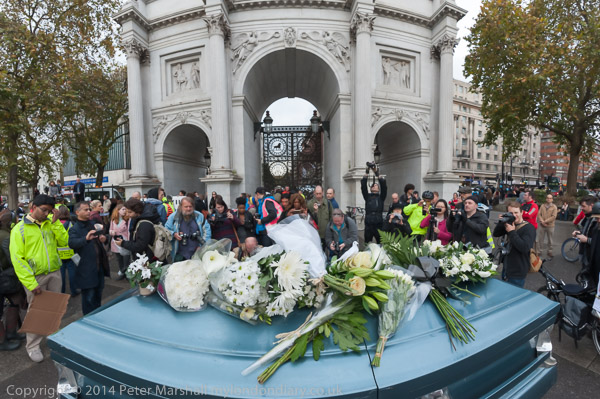
It made the point that while too many pedestrians and cyclists are still killed and maimed by cars and lorries on a road system largely engineered for the convenience of motorised transport, their numbers are dwarfed by the many thousands of premature deaths each year caused by the pollution from road traffic, with pollution levels in many places being well above legal limits. After the funeral, there was a die-in by cyclists more or less filling the hard standing at Marble Arch, and a trumpeter sounded the Last Post.
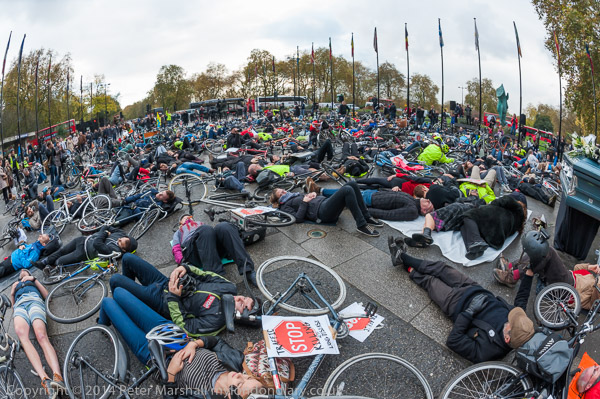
Here is a list of the demands made by the protesters:
- Stop the Killing of Children with a national, multi-billion pound programme to convert residential communities across Britain into living-street Home Zones and abolish dangerous rat-runs.
- Stop the Killing of Pedestrians by a national programme to fund pedestrianisation of our city and town centres, including the nation’s high-street, Oxford Street.
- Stop the Killing of Pensioners from excessive speed with an enforced speed limit of 20 mph on all urban roads, 40 mph on rural roads/lanes and 60 mph on all other trunk roads.
- Stop the Killing of Cyclists, investing£15 billion in a National Segregated Cycle Network over the next 5 years.
- Stop the Killing by HGVs by banning trucks with blind spots, making safety equipment mandatory and strictly enforcing current truck-safety regulations; currently around 30% are illegally dangerous.
- Stop the Killing without liability with a presumed civil liability law for vehicular traffic when they kill or seriously injure vulnerable road-users, unless there is evidence blaming the victim.
- Stop the Killing from Lung, Heart and other Diseases caused by vehicular pollutants with mandatory for particulate filters that meet latest EU emission standards on all existing buses, lorries and taxis.
- Stop the Killing at Junctions with pedestrian crossing times long enough for elderly disabled to cross, filtered junction crossings by cyclists and strict legal priority for pedestrians and urgently provide physically protected left-hand turns for cyclists.
- Stop the Killing from Climate Crisis caused by CO2 emissions by insisting that all transport fuels are from truly environmentally-sustainable, renewable sources within 10 years.
- Focus on Life! with transport governance making safety and quality of life the top priority. Reform all council transport departments, the Department of Transport and Transport for London into Cycling, Walking and Transport Departments with formal pedestrian and cyclist representation.
Again you can read more detail and more evidence in Guardian posts by George Monbiot, available on his own web site such as Don’t Breathe.
